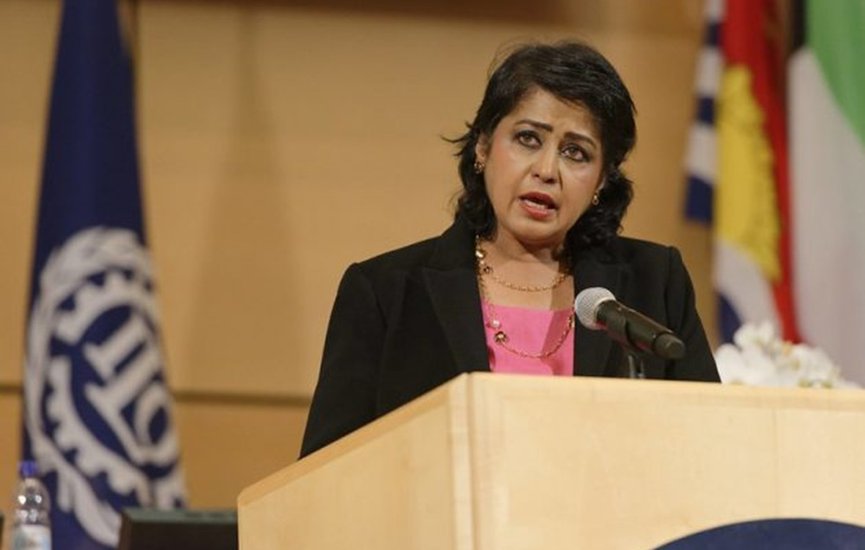Former Mauritian President Ameenah Gurib-Fakim has called on African nations to reclaim their climate narrative and assert a stronger voice in global environmental discourse. Speaking at the launch of the COP30 Media Lab in Nairobi, she emphasized the urgent need for Africa to move beyond the role of a passive participant in climate negotiations and instead become a proactive architect of its own climate future. Her remarks underscored the importance of shifting perceptions and ensuring that Africa’s unique challenges, contributions, and solutions are recognized and respected on the world stage.
Gurib-Fakim drew attention to the stark economic disparities that shape global influence, citing the example of NVIDIA’s $4.1 trillion market capitalization compared to Africa’s combined GDP of $3.1 trillion. This contrast, she argued, highlights the continent’s limited leverage in international forums despite being disproportionately affected by climate change. As a biodiversity scientist and chair of the Wise Council of ImpactHER, she framed the climate crisis through the lens of equity, resilience, and indigenous knowledge, urging African leaders and media to amplify homegrown narratives that reflect the continent’s lived realities.
The COP30 Media Lab, organized by Distory Communications and Africa Climate Insights, brought together journalists, climate advocates, and policy stakeholders to explore how storytelling can reshape Africa’s climate identity. Gurib-Fakim stressed that the media has a critical role to play in elevating African perspectives, challenging outdated stereotypes, and fostering a sense of agency among communities most vulnerable to environmental shifts. She called for a new generation of climate communicators who can bridge science, policy, and public engagement with authenticity and urgency.
As the world prepares for the 30th UN Climate Change Conference (COP30), Gurib-Fakim’s message resonates with growing calls for climate justice and inclusive representation. Her appeal is not just a critique of existing power dynamics but a rallying cry for African nations to lead with confidence, innovation, and solidarity. By reclaiming its climate narrative, Africa can shape a more just and sustainable global response, one that honors its ecosystems, empowers its people, and secures its future.
